WHAT IS PULMONARY ARTERIAL HYPERTENSION (PAH)?
Pulmonary hypertension is when blood pressure is elevated in the lungs.
Pulmonary arterial hypertension (PAH) is one form of pulmonary hypertension. It is caused by narrowing of the blood vessels in the lungs.
People can have just PAH (not with any other disease). It also can occur with other diseases.
It may be hard to diagnose. Many of the same symptoms occur in much more common lung diseases.
It is a complex disease. It will usually worsen without treatment.
SYMPTOMS
Shortness of breath
Chest pain
Heart palpitations
Fatigue (feeling tired)
Swelling of feet, legs, belly
Fainting or dizziness
TREATMENTS
Oral medications (that you swallow)
Inhaled medications (that you breathe in)
Intravenous medications (that are inserted directly into your veins through a needle)
Infused medications (that are pumped in just under the skin)
Diuretics (pills that remove excess water from your body)
RISK FACTORS
Connective tissue disease (eg, scleroderma, lupus, or rheumatoid arthritis)
Cirrhosis of the liver
HIV infection
Methamphetamine and cocaine
Congenital heart defects
Rarely, an inherited disease
REMEMBER...
Treatment depends on:
Individual patient
Severity of symptoms
Test results
At-home support
More than one treatment at a time is more effective
PAH is serious (untreated, it could lead to death)

